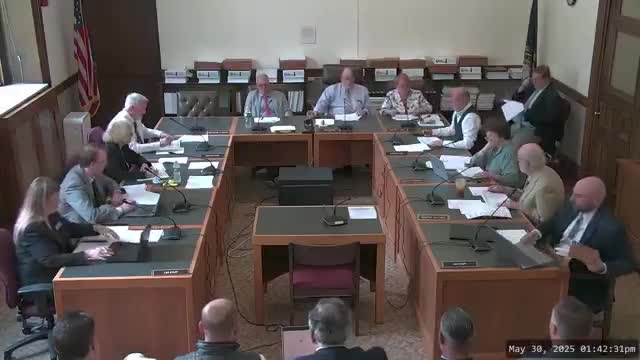Article not found
This article is no longer available. But don't worry—we've gathered other articles that discuss the same topic.
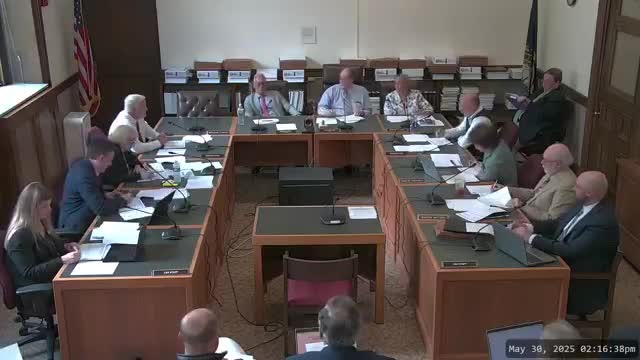
Committee inserts legal caveat into insurer-disclosure language to avoid HIPAA conflicts
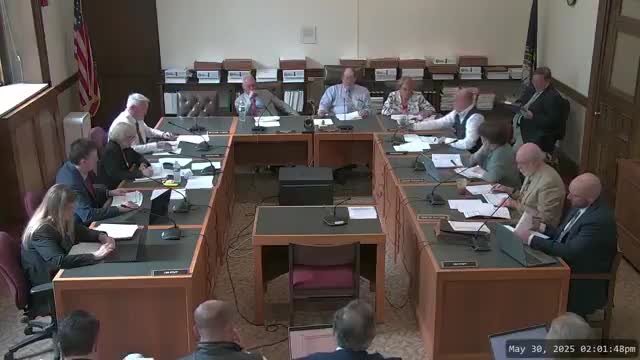
Committee approves Medicaid premium structure by household with six‑month reporting; concerns remain about access
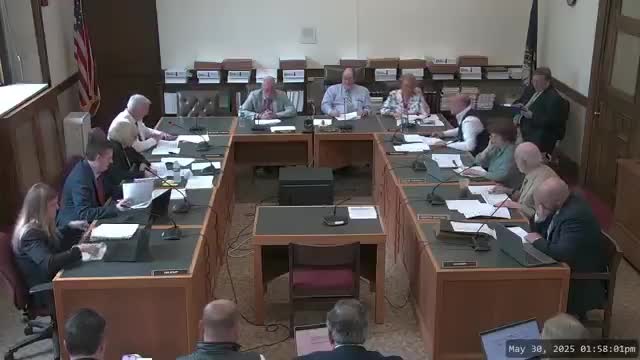
Committee approves contractor to address HHS eligibility backlog, requires six-month reporting
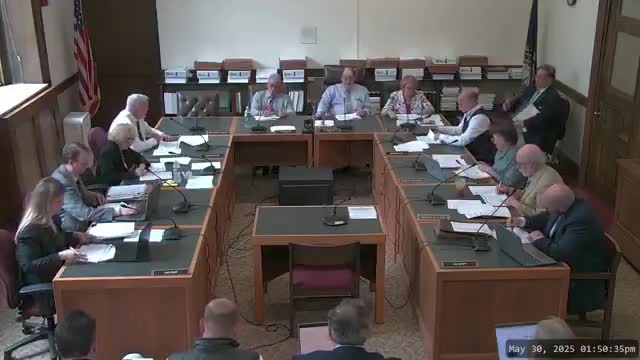
Committee narrows vehicle-inspection rules; DES to seek federal waiver, new schedule could start in 2027
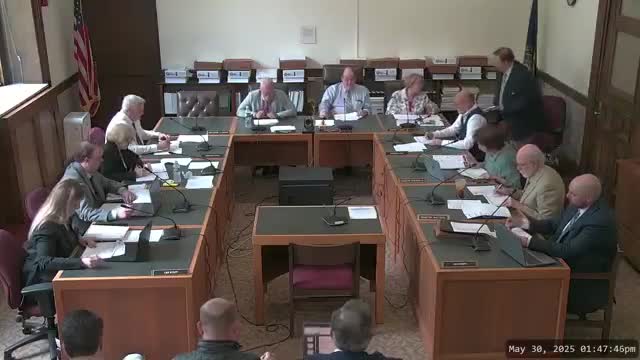
Committee amends landfill fee bill: quarterly municipal grants, lower late penalty, haulers to pay
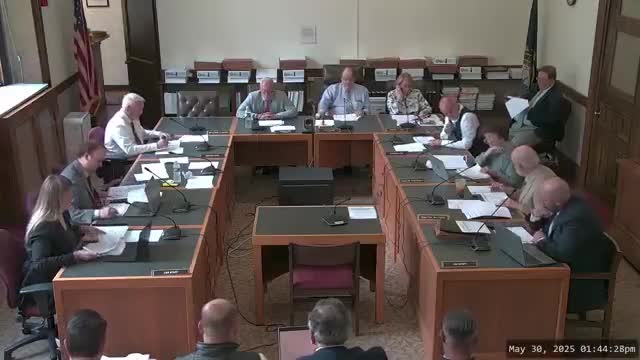
Committee restores and funds some Department of Corrections mental-health positions, adds roughly $1.01 million
